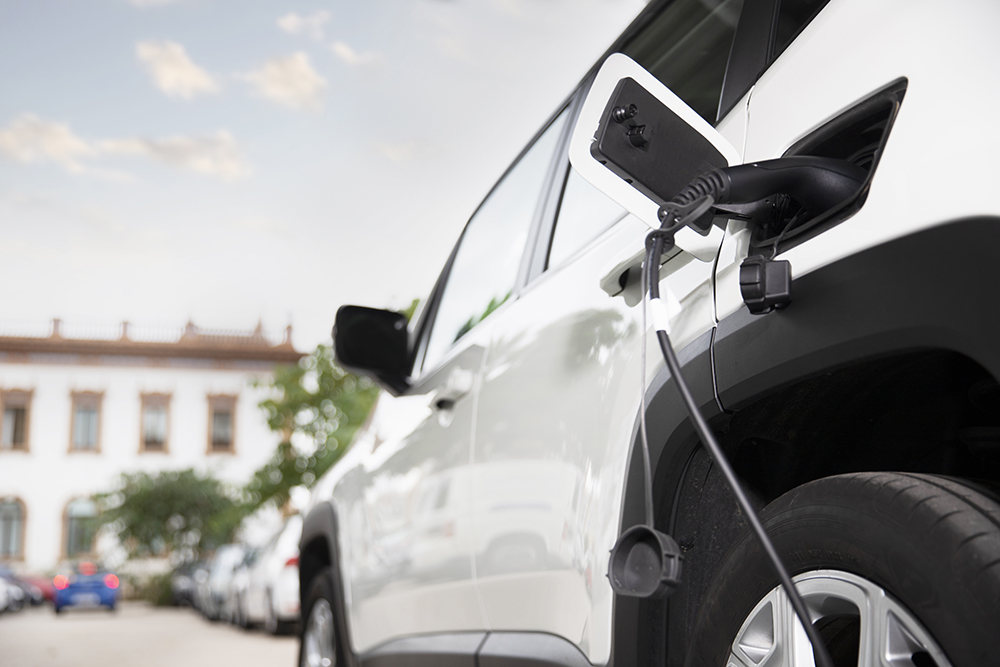
Salvage Vehicles – How Are They Valued?
Whether you’ve come across a great deal at a salvage auction or you’re dealing with a car that’s been declared a total loss by the insurance company, understanding how to value salvage vehicles is crucial. Not only does it ensure you’re not overpaying, but it also helps you appreciate the potential return on your investment.
Understanding Salvage Vehicles
First, it’s important to define what we mean by ‘salvage vehicle.’ Salvage vehicles are those significantly damaged to the point that repairs would exceed their pre-accident value. Insurance companies declare these cars ‘total losses’ and take possession, often selling them at auctions. Though these vehicles have sustained significant damage, they can still hold value, particularly when repaired or sold for parts.
Calculating the Value of a Salvage Car
So, how do you calculate the value of a salvage car? There’s no definitive formula, but several key factors influence the appraisal:
1. Extent of the Damage:
The type and degree of damage significantly impact a salvage vehicle’s value. A car with minor body damage may still have high value if the mechanical components are intact, whereas a vehicle with significant engine damage will be worth considerably less.
2. Cost of Repairs:
Consider how much it will cost to get the vehicle back to a roadworthy condition. A car requiring minor repairs could be a bargain, while one needing extensive work may not justify the cost.
3. Vehicle’s Age and Make:
A newer car or a model with a high demand in the used parts market will have a higher salvage value than an older model or one with less demand.
4. Vehicle’s Pre-accident Condition:
If the car was in excellent condition before the accident, it might fetch a higher value than one in poor condition. Mileage, maintenance history, and overall wear and tear come into play here.
5. Local Market Demand:
The value of a salvage car also depends on local market demand. If there’s a high demand for used parts of that particular model in your local market, it can push up the salvage car’s value.
While each salvage vehicle is unique, a common rule of thumb is that a salvage car is typically worth approximately 40% to 75% of its value in a used, non-damaged state, depending on the factors listed above.
The Valuation Process
The valuation process for salvage vehicles often involves professional appraisers, who use their expertise in conjunction with the factors mentioned to estimate a car’s salvage value. They may use resources like the Kelley Blue Book to determine the car’s pre-accident value, then adjust this based on the extent of the damage, cost of repairs, and other factors.
Calculating the value of a salvage car isn’t an exact science, but understanding the key factors at play can help you make informed decisions, whether you’re buying, selling, or considering repair options. Remember, each salvage vehicle is unique, so it’s crucial to do your research, consider getting a professional appraisal, and understand what you’re getting into before diving headfirst into the world of salvage vehicles.










